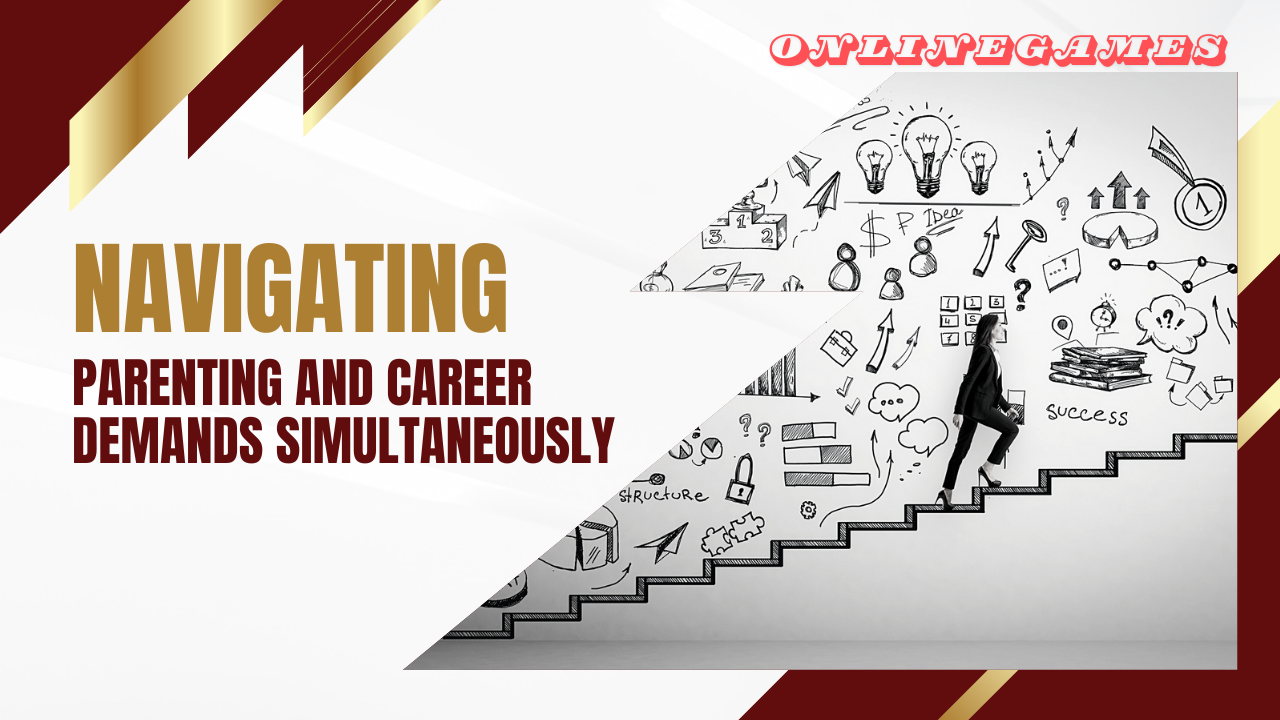Trauma can significantly impact individuals’ lives, causing profound emotional and psychological distress. Whether stemming from a single traumatic event or prolonged exposure to adverse circumstances, trauma can disrupt a person’s sense of safety, trust, and overall well-being. Overcoming trauma involves acknowledging its effects, developing coping strategies, seeking support, and ultimately finding ways to heal and move forward. This guide aims to provide insights into understanding trauma, recognizing its signs, coping effectively, and embarking on a path towards healing and recovery.
Understanding Trauma
Types of Trauma
Trauma can manifest in various forms:
- Acute Trauma: Resulting from a single distressing event, such as an accident, natural disaster, or violent incident.
- Chronic Trauma: Arising from prolonged exposure to stressful or traumatic situations, such as abuse, neglect, or ongoing conflict.
- Complex Trauma: Involving exposure to multiple traumatic events over time, often occurring in childhood or within relationships.
Impact of Trauma
Trauma can have profound effects on individuals’ lives:
- Emotional Impact: Feelings of fear, anxiety, anger, guilt, or shame may persist long after the traumatic event.
- Psychological Impact: Trauma can lead to conditions such as post-traumatic stress disorder (PTSD), depression, or anxiety disorders.
- Physical Impact: Chronic stress from trauma may manifest in physical symptoms like headaches, fatigue, or gastrointestinal issues.
- Behavioural Impact: Changes in behaviour, such as avoidance, hypervigilance, or self-destructive tendencies, may develop as coping mechanisms.
Recognizing Signs and Symptoms
Physical Symptoms
Physical manifestations of trauma may include:
- Fatigue: Persistent feelings of exhaustion or lack of energy.
- Sleep Disturbances: Difficulty falling asleep, staying asleep, or experiencing frequent nightmares.
- Physical Pain: Chronic pain conditions or unexplained physical symptoms.
- Elevated Stress Response: Heightened sensitivity to stressors or triggers.
Emotional and Psychological Symptoms
Common emotional and psychological responses to trauma include:
- Flashbacks: Intrusive memories or re-experiencing the traumatic event.
- Anxiety and Fear: Persistent feelings of apprehension, panic attacks, or irrational fears.
- Depression: Persistent sadness, loss of interest in activities, or feelings of hopelessness.
- Emotional Numbing: Feeling emotionally detached or unable to experience pleasure.
- Hypervigilance: Heightened awareness of potential threats or danger.
- Difficulty Concentrating: Impaired ability to focus or complete tasks.
- Mood Swings: Rapid shifts in mood or emotional instability.
Coping Strategies
Self-Care Practices
Implement self-care strategies to promote healing and well-being:
- Physical Self-Care: Engage in regular exercise, eat balanced meals, and prioritize adequate sleep.
- Emotional Self-Care: Practice mindfulness, meditation, or relaxation techniques to reduce stress.
- Creative Expression: Explore artistic or creative outlets as a form of emotional release.
- Healthy Relationships: Seek support from trusted friends, family members, or support groups.
Seeking Professional Help
Consult with mental health professionals for specialized support:
- Therapy: Cognitive behavioural therapy (CBT), eye movement desensitization and reprocessing (EMDR), or other evidence-based therapies.
- Medication: Prescribed medications may alleviate symptoms of depression, anxiety, or PTSD.
- Support Groups: Join peer support groups or therapy groups for individuals with similar experiences.
- Crisis Intervention: Access crisis hotlines or emergency mental health services for immediate support.
Support Systems
Build a strong support network to provide emotional encouragement and practical assistance:
- Family and Friends: Lean on trusted loved ones for emotional support and understanding.
- Community Resources: Access local organizations, religious communities, or online forums for additional support.
- Peer Support: Connect with others who have experienced trauma to share experiences and coping strategies.
Healing and Recovery
Therapeutic Approaches
Explore therapeutic techniques to facilitate healing:
- Trauma-Focused Therapy: Address trauma-related symptoms and triggers in a structured therapeutic setting.
- Mindfulness-Based Interventions: Practice mindfulness to cultivate awareness and reduce emotional reactivity.
- Art Therapy: Use creative expression to process emotions and promote healing.
- Yoga and Body-Based Therapies: Incorporate yoga, tai chi, or somatic experiencing to reconnect mind and body.
Building Resilience
Develop resilience to navigate challenges and setbacks:
- Positive Coping Skills: Learn adaptive coping mechanisms to manage stress and adversity.
- Flexibility: Embrace flexibility in thinking and problem-solving to adapt to changing circumstances.
- Self-Reflection: Engage in self-reflection to cultivate self-awareness and personal growth.
- Optimism: Foster a positive outlook on life by focusing on strengths and opportunities for growth.
Finding Meaning and Purpose
Discover meaning and purpose in life beyond the trauma:
- Personal Growth: Pursue personal interests, hobbies, or educational goals to foster a sense of achievement.
- Spirituality: Draw strength from spiritual beliefs, practices, or connections to a higher purpose.
- Helping Others: Volunteer or engage in activities that contribute to community or social causes.
- Forgiveness: Work towards forgiving oneself or others involved in the traumatic experience to promote emotional healing.
Moving Forward
Setting Goals
Establish realistic goals to facilitate progress and personal fulfilment:
- Short-Term Goals: Break larger objectives into manageable steps to build confidence and motivation.
- Long-Term Goals: Identify aspirations for career, relationships, or personal development to pursue over time.
- SMART Goals: Create goals that are Specific, Measurable, Achievable, Relevant, and Time-bound.
Creating a Supportive Environment
Surround yourself with positivity and encouragement:
- Healthy Boundaries: Establish boundaries to protect your well-being and promote healthy relationships.
- Positive Relationships: Cultivate supportive connections with individuals who uplift and inspire you.
- Safe Spaces: Create environments that promote relaxation, creativity, and emotional safety.
Embracing Growth
Embrace opportunities for personal growth and self-discovery:
- Learning and Development: Pursue ongoing learning, skill-building, or educational opportunities.
- Self-Compassion: Practice self-compassion and kindness towards yourself during difficult times.
- Reflection and Gratitude: Reflect on achievements, lessons learned, and reasons for gratitude in your life.
Overcoming trauma and moving forward is a journey that requires patience, courage, and commitment to healing. By understanding the nature of trauma, recognizing its impact, implementing effective coping strategies, and seeking support from others, individuals can embark on a path towards recovery and resilience. Remember that healing is a gradual process, and it’s okay to seek professional help or lean on others for support along the way. With time and effort, individuals can reclaim their sense of safety, rebuild their lives, and find renewed hope and purpose.










